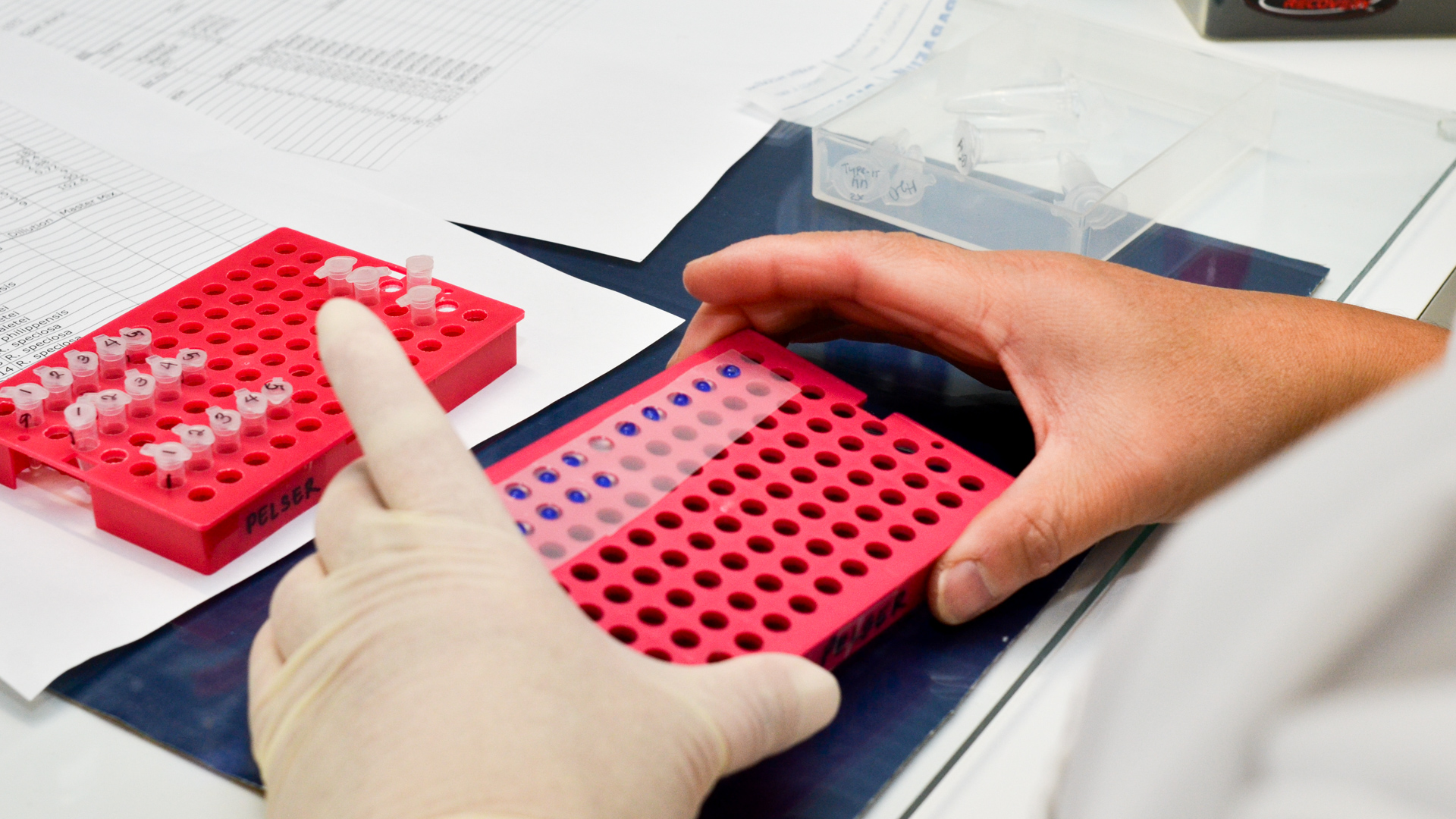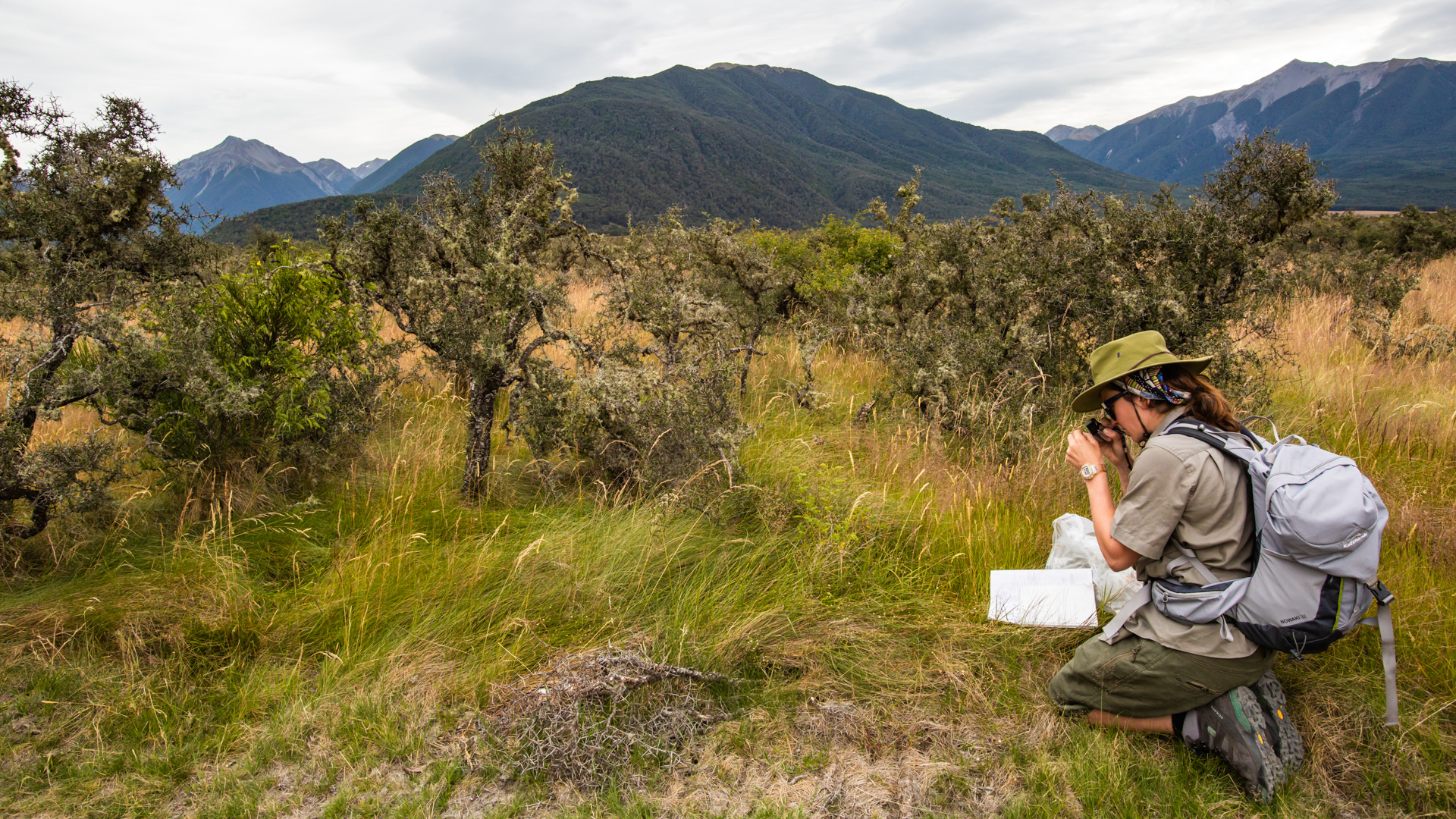What we can offer you
Support and representation
We have many ways to help you when and how you need it. From equity and diversity to student representation and bicultural support.
Staff can discuss with you how we can best support you academically during difficult times. You are also very welcome to seek help from the Biology Student Advisors or the Faculty of Science Student Advisors.
The School runs a postgraduate student committee with representatives from among the fourth-year, MSc and PhD students, a postdoctoral scientist and a member of academic staff. The committee reports back to students regarding important decisions and ensures student issues are heard at staff meetings.
The UC Students Association (UCSA) also has a postgraduate student association which ensures representation of postgraduates within the wider university community.
Scholarships
Scholarships and prizes may be available to support you to study. These are administered by the Scholarships Office.
Small grants and scholarships are offered to ongoing postgraduates to help with research costs or travelling to conferences.
If your supervisors are from different departments or institutions, you may be eligible to apply for scholarships from those departments/institutions.
Some societies, such as the Royal Society Te Apārangi, provide grants to conferences. Also, conferences themselves often offer travel grants to students who are presenting.
Fulbright awards offer grants for New Zealand graduate students to study or research in the US.
Financial support for MSc and PhD students can sometimes be obtained from sources outside the University, including government agency contracts and not-for-profit organisations.
You can discuss this possibility with your supervisor or the Head of School.
Laboratory demonstrating
MSc and PhD students are strongly encouraged to demonstrate and instruct in undergraduate laboratory classes for which they receive payment and gain valuable experience, from explaining scientific concepts to working as part of a teaching team.
Application details are sent to enrolled postgraduate students before each semester.





